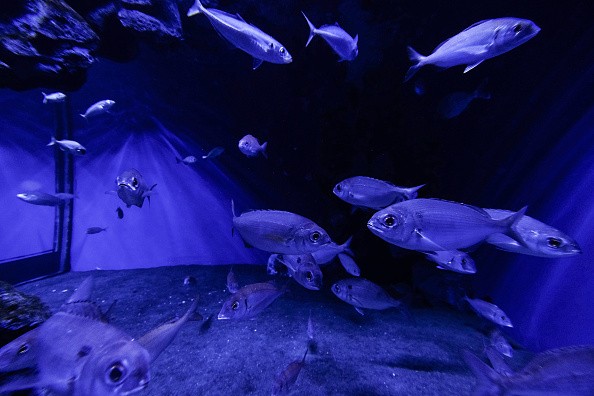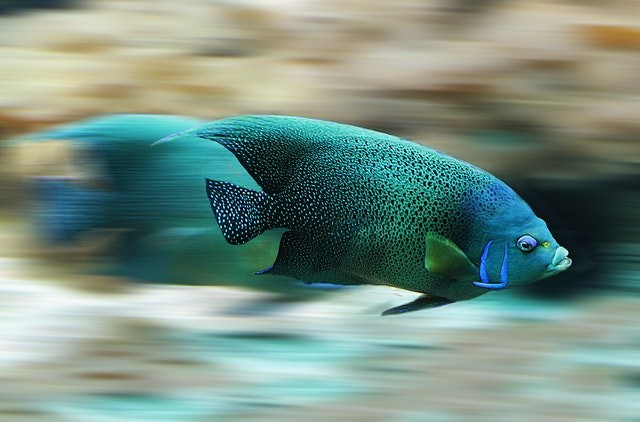Illegal use of drugs is increasing global health concern that brings about an economical burden of hundreds of billions of dollars in just the United States.

Methamphetamine
Possible ecological crisis is concealed underneath the societal costs of this human epidemic. A lot of fish are becoming addicted as the level of methamphetamine rises in freshwater streams. Pavel Horký at the Czech University of Life Sciences said there is methamphetamine pollution where their users are.
Methamphetamines in humans excrete are deposited into wastewater, but there are no treatment plants meant for dealing with such substances. As a result of this, when treated wastewater flows into streams, methamphetamines and other drugs also do the same.
As per Horký and his colleagues, the concentrations of methamphetamine in some streams in the Czech Republic have been estimated at hundreds of nanograms per litre, but the effect these levels have on aquatic animals is not yet clear.
The Experiment
In order to carry out an investigation, they began an experiment to identify potential adverse side effects of this concealed ecological epidemic. These researchers shared 120 hatchery reared brown trout - Salmo trutta, into two 350 litre tanks.
The water in one of the tanks had methamphetamines matching concentrations estimated in wild streams while they left the remaining uncontaminated as a control.
The researchers took the methamphetamine out of the experimental tank after about eight weeks. During the next 10-day "withdrawal" period, Horký carried out a test on fishes picked at random from each group to check for signs of addiction and withdrawal.
For this to be done, he made a tank in which water could move in on one side and move out on the other. He made it as if a stream were moving through the enclosure. One side of the flow, had the same level of methamphetamine that the experimental tank contained before.
The control fish displayed no liking for one part of the simulated stream or the other part, but the fish that was exposed to methamphetamine preferred to stay in the drugged water many times.

Outcome of the Experiment
What's more to this, the fish exposed to methamphetamine had high levels of methamphetamine in their brain tissue and they were not as active as they used to be - which might decrease their chances of survival and reproduction.
Horký said, fish drug reward cravings could eclipse natural rewards such as hunting or mating, this kind of contamination could alter the functioning of entire ecosystems.
Humans must control the amount of drugs in waterways. The world should work on tackling the problems of addiction and illegal use of drugs. But, at the very least, more action should be taken in order to improve filtration in sewage treatment plants, and to compel water companies to ensure pollutants don't affect wildlife.
For more news, updates about fishes and similar topics don't forget to follow Nature World News!
© 2025 NatureWorldNews.com All rights reserved. Do not reproduce without permission.





